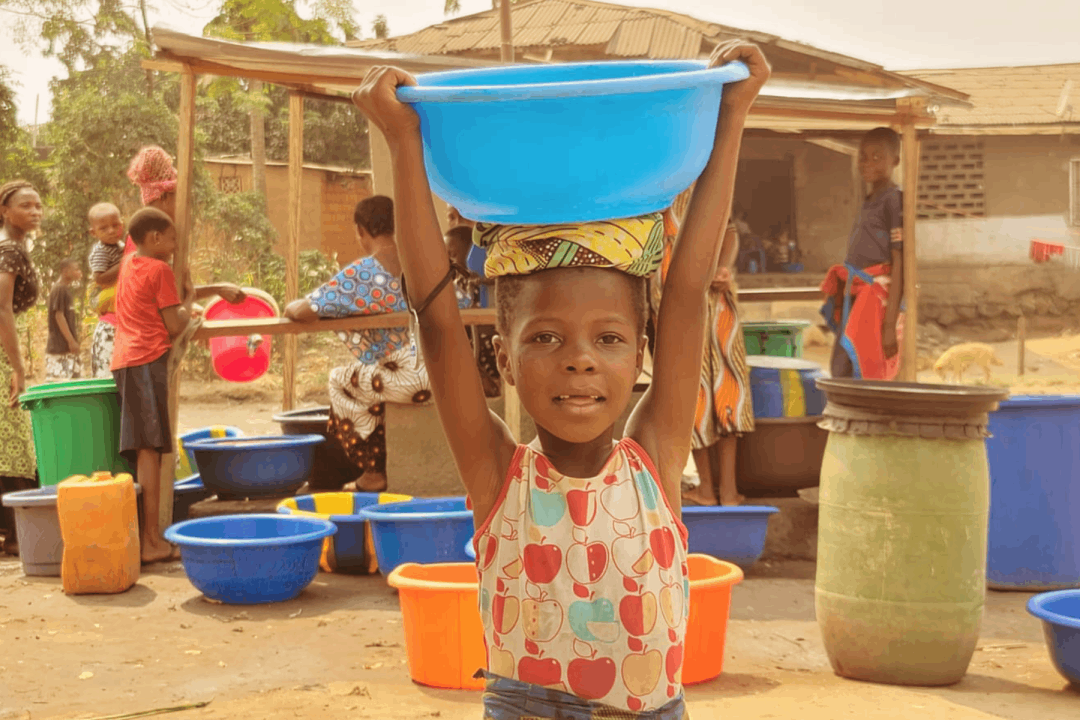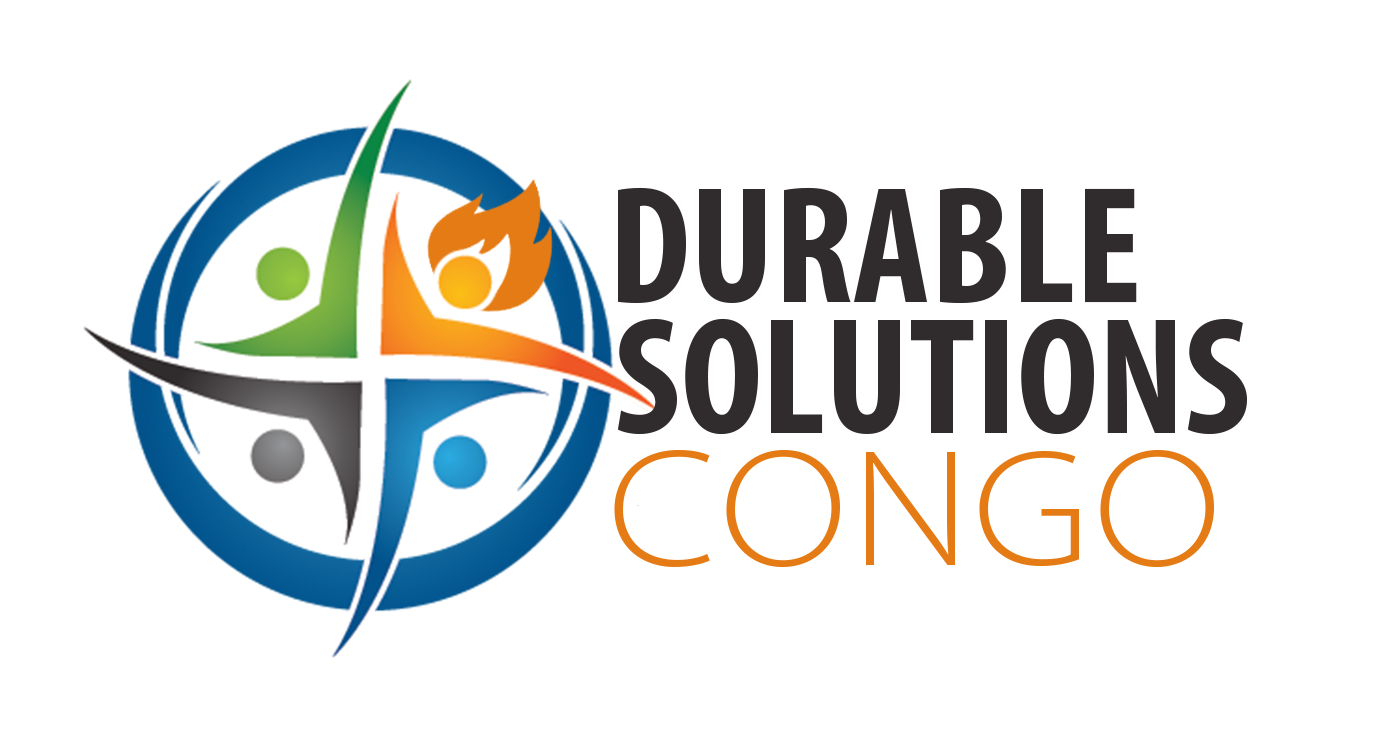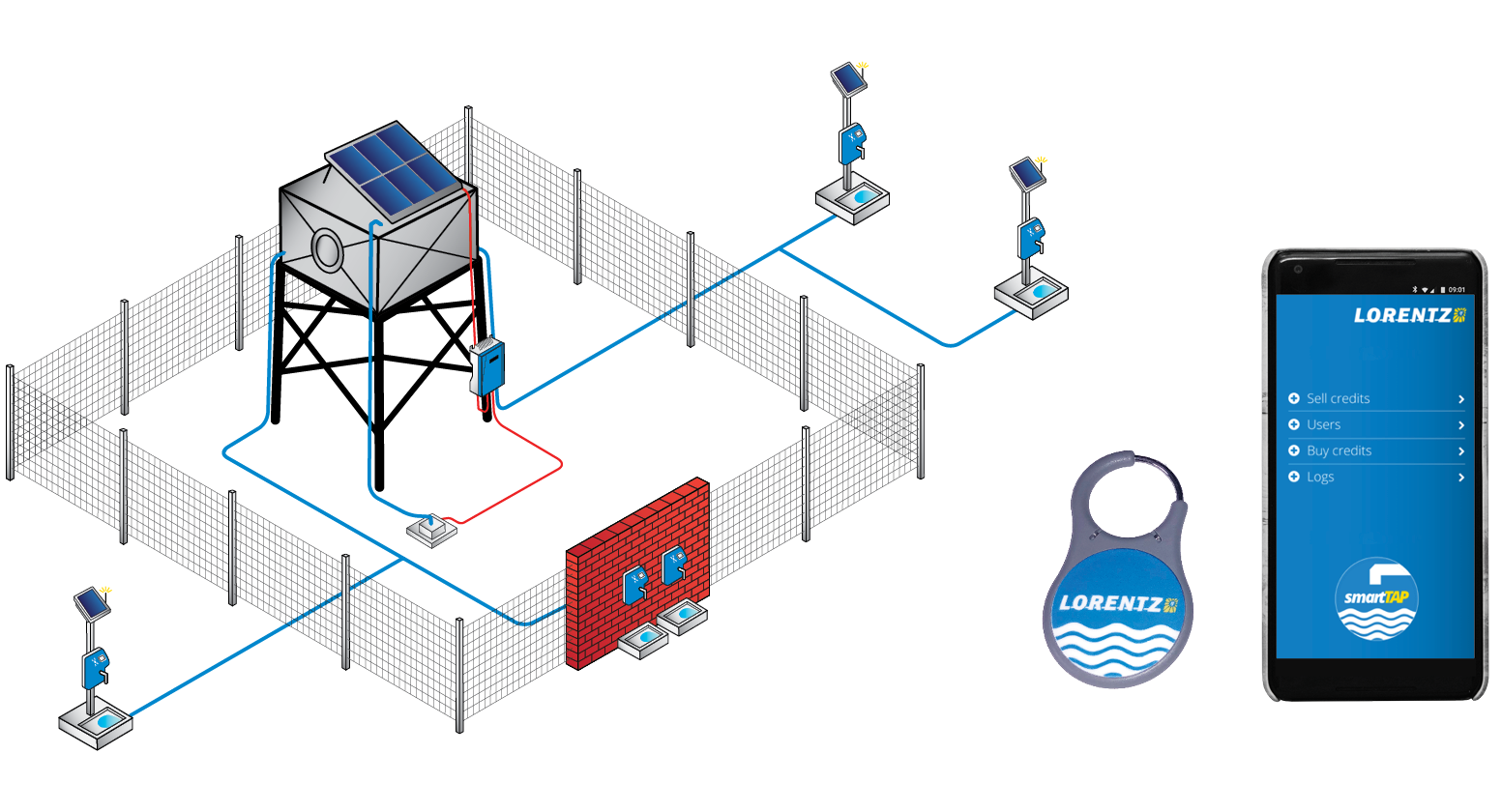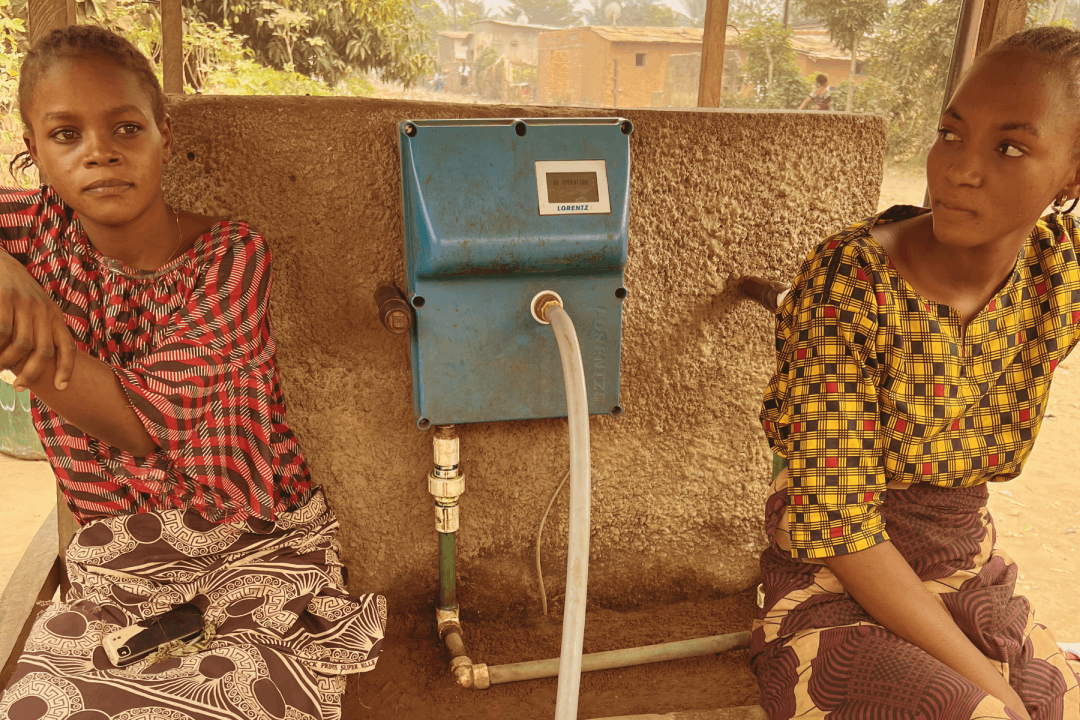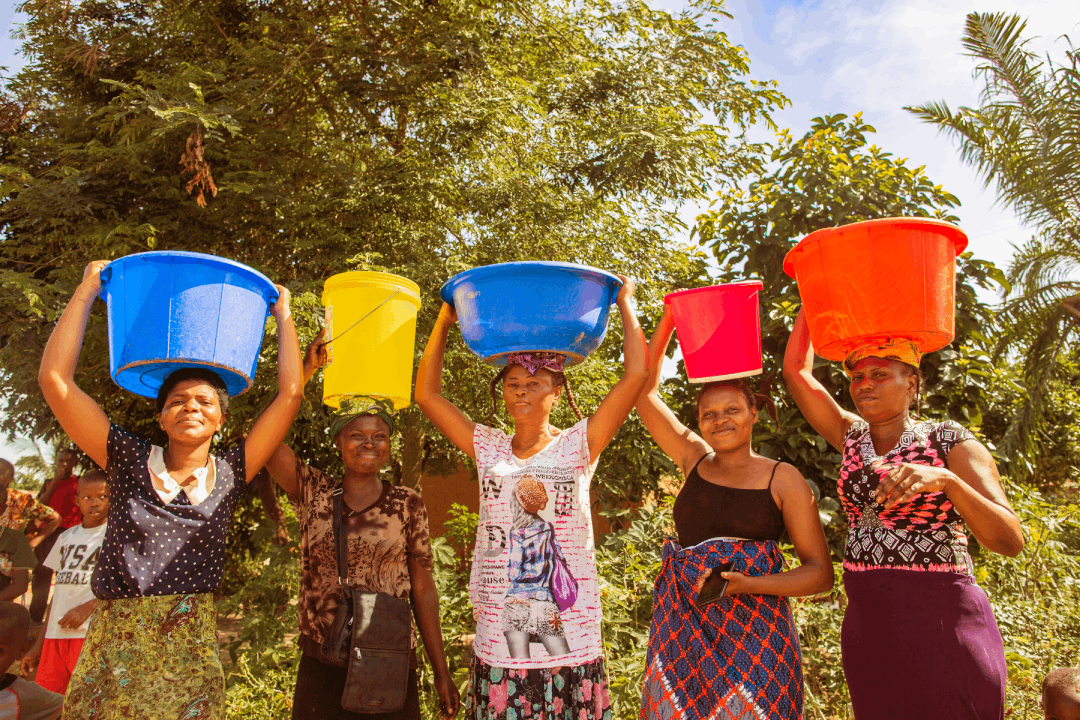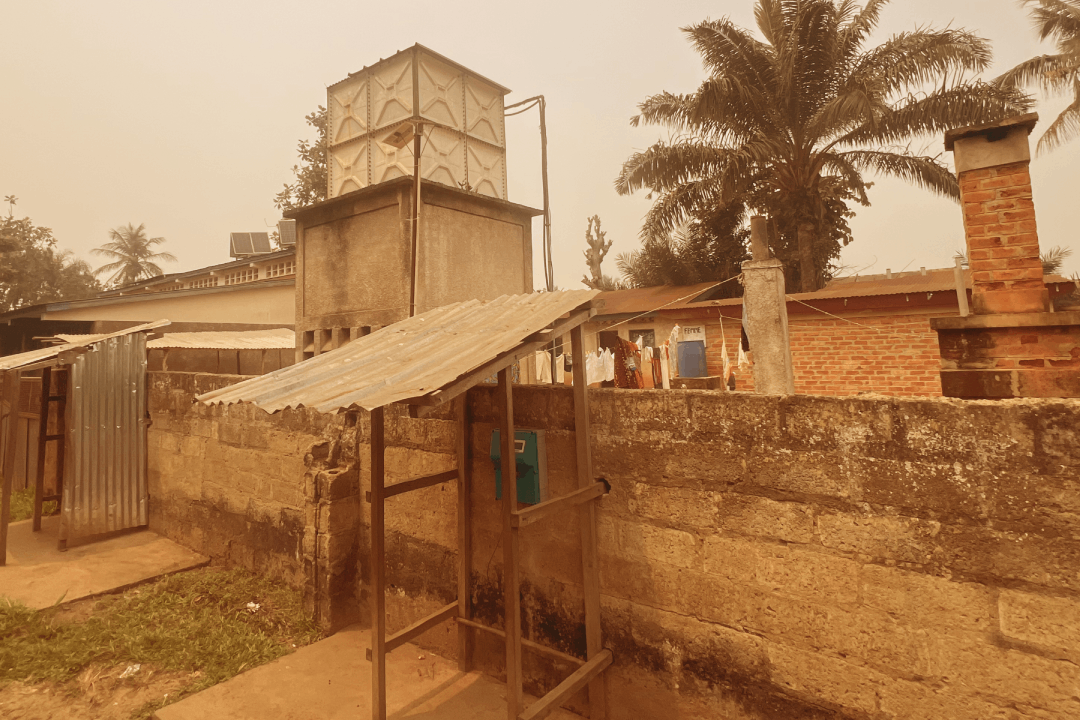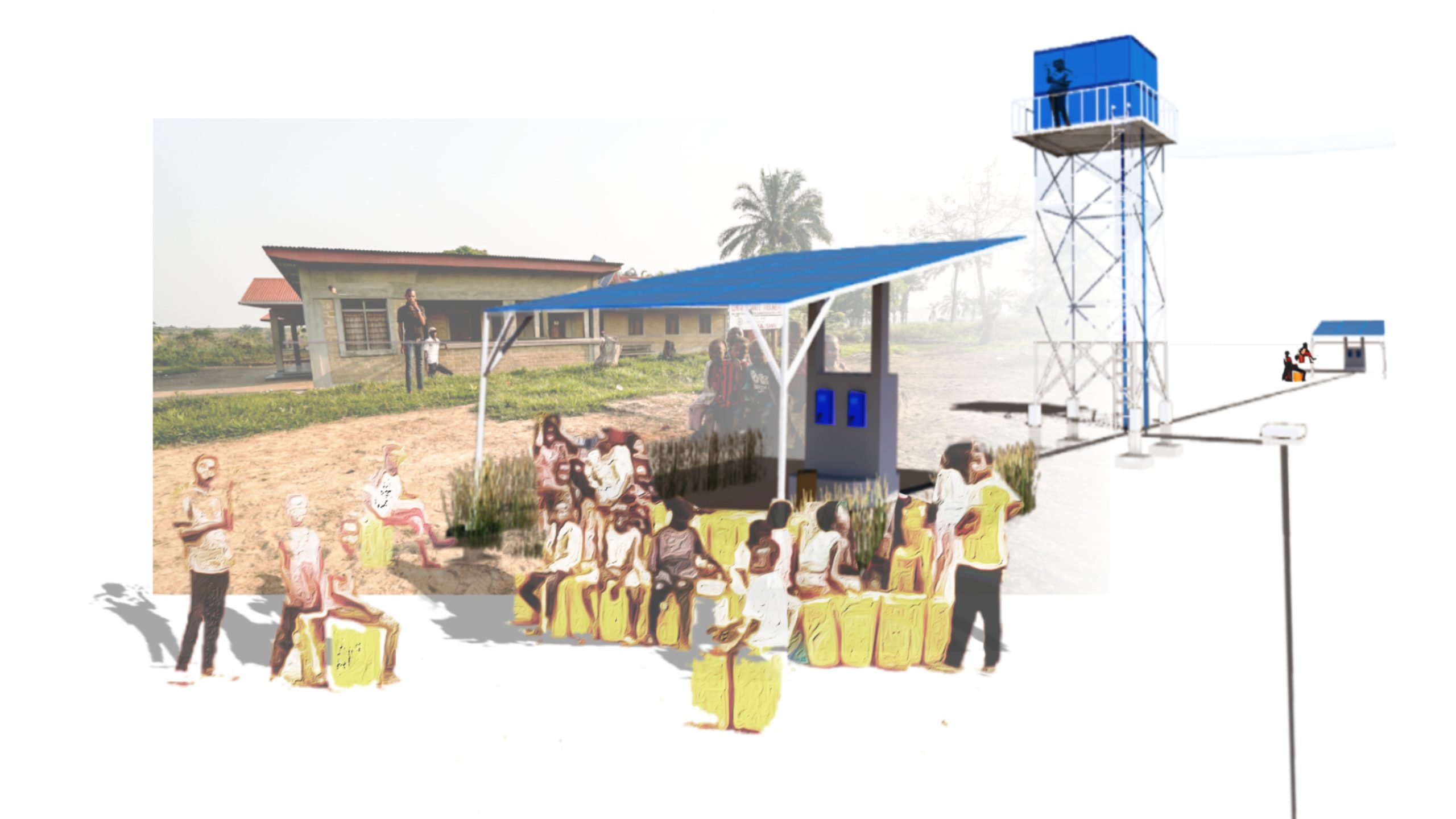Empowering Sustainable Futures
Water and Sanitation
Water and Sanitation
The Water ATM : Bringing Clean Water to Rural Congo
Access to clean water is a basic human right, yet in the Democratic Republic of Congo, only 42% of the population has reliable access to it. That means 47 million people are without clean water—often forced to rely on unsafe sources or spend hours fetching water from distant springs. This situation poses immense challenges, especially for women and children, who bear the burden of collecting water, often facing dangerous conditions along the way.
Traditional methods of providing water, like spring capping and hand pumps, have had limited success. While spring capping offers a water source, it’s often far from the village, making access difficult and unsafe. Hand pumps, though an option, are expensive to install and prone to breaking down quickly. Community-based committees, while well-intentioned, often struggle with sustainability and fail to maintain the systems in the long run.
The good news? New, cost-effective solar-powered water systems are changing the game. By using Smart Taps (water ATMs) from Lorentz, we can now provide clean, affordable water with long-term, professional maintenance—all while empowering local communities to manage and maintain their water sources.
How It Works: A Simple, Smart Solution
At the heart of the Water ATM Project is a reliable, sustainable water system. The setup usually begins with a borehole (or sometimes a hand-dug well or capped spring). A solar-powered pump draws water from the source and pumps it into a modular water tank mounted on a water tower. These tanks come in various sizes, so they can serve different-sized communities, depending on the population and water needs.
Once the water is stored, it’s dispensed through Smart Taps—a modern, equitable solution to ensure everyone has access to clean water. The Smart Taps are strategically placed at key locations, such as health facilities, where they can support both healthcare and preventative services, all while ensuring that clean water is always available. They also make the water system easier to manage and maintain, thanks to professional oversight.
In areas where water systems already exist but aren’t functioning properly, the Water ATM Project can step in to provide a low-cost solution. By adding a Smart Tap and performing minor repairs, we can restore access to clean water and make the system fully functional again.
How People Access Water: Convenient and Affordable
Here’s where the innovation truly shines: each family that needs water can purchase a NFC key (a smart card) at a subsidized rate. They then buy credits for the key from a local seller, who can be anyone from a health center staff member to an entrepreneur with a smartphone app to manage the credits.
When families place their key on the Water ATM, the water starts flowing, and the credits are used. Each 2¢ of credit buys five liters of clean water. As a bonus, every family gets five liters for free every day, while health centers receive 80 liters for free to support healthcare needs.
This pay-per-use system is not only affordable, but it ensures that the water system can be self-sustaining in the long run—covering operational costs through the sale of water.
Sustainability and Community Empowerment
The Water ATM Project isn’t just about providing clean water today—it’s about creating a sustainable solution for tomorrow. The full installation of a system, including the borehole, piping, water tower, tank, solar pump, and Smart Taps, costs about $50,000. While initial funding comes from grants, the system is designed to be financially self-sustaining over time.
The sale of water generates around $300 per month for each site, with the income distributed as follows:
- 10% goes to the water seller (typically a local entrepreneur or health center staff)
- 30% is allocated for ongoing maintenance of the system
- 30% covers administration costs
- 30% is reinvested into the community for special projects and indigent care for those who need it.
Once we’ve installed 40 functional units, the administration and maintenance of the system becomes fully self-sustaining, providing an ongoing source of income and empowerment for local communities.
A Lasting Impact for the Future
The Water ATM Project is more than just a way to get water—it’s about transforming communities. By providing a reliable, affordable, and sustainable source of clean water, we’re not only improving health outcomes, but also empowering local entrepreneurs, reducing the burden on women and children, and creating new economic opportunities.
This is the power of the Water ATM Project: clean water, sustainable systems, and a brighter future for the people of Democratic Republic of Congo.
Why Choose Durable Solutions?
By focusing on innovative, locally-relevant solutions, Durable Solutions is committed to empowering communities, preserving ecosystems, and building a healthier, more sustainable future for the DRC. Together, we can create durable change that will resonate for generations to come.
Capturing Our Impact
Visual Stories of Change
Our Key Focus Areas
We understand that the health of our people and the stewardship of our environment are deeply intertwined. That’s why we’ve developed innovative, synergistic programs to tackle both health and environmental concerns simultaneously. Our key areas of focus include:
Clean Cookstoves
We provide efficient, eco-friendly cooking solutions that enhance household health and reduce environmental impact.
Solar Energy
Empowering communities with access to sustainable, renewable energy to improve quality of life and drive economic growth.
Clean Water Access
Ensuring safe and reliable water sources to boost public health and combat waterborne diseases.
Syntrophic Agriculture
Mimicry of natural ecosystems to create productive agroforestry systems.
Join Our Mission for Lasting Change
Be a catalyst for transformation in the Democratic Republic of Congo. Your support can help us implement sustainable solutions that enhance health and protect the environment. Together, we can empower communities and create a brighter future. Act now to make a meaningful difference.
